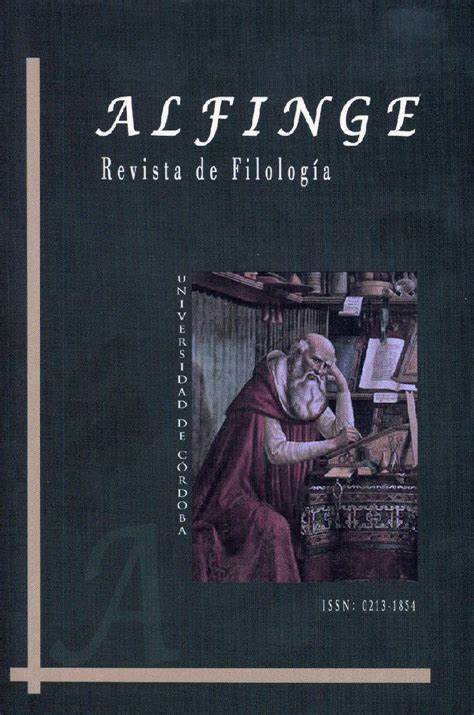Voices from Transit Zones: A Study of Humanitarian Interpreting Challenges
Contenido principal del artículo
Resumen
Abstract: This paper presents findings derived from interviews with representatives of NGOs and public service institutions as well as trained and untrained interpreters within the ReTrans partner countries Austria, Slovenia, Greece, and the Republic of North Macedonia. The study’s aim was to gain comprehensive insight into the specific requirements of humanitarian interpreters and service users. Additionally, it sought to illuminate the dilemmas they routinely face. The findings have shown that humanitarian interpreting frequently involves the participation of untrained interpreters, with the essential role played by cultural knowledge. Additionally, the use of a pivot language, thematic preparation, and engagement in additional tasks beyond traditional interpretation roles, such as gathering information about financial support or assisting in finding accommodation, emerge as crucial aspects of humanitarian interpreting. Given the scope of this paper, we will focus on operational challenges such as lack of training, additional tasks, and working hours as well as on role-related challenges and expectations.
Keywords: Humanitarian interpreting. Migration routes. Crisis translation. ReTrans.
Descargas
Detalles del artículo

Esta obra está bajo una licencia internacional Creative Commons Atribución-NoComercial-CompartirIgual 4.0.
Política propuesta para revistas que ofrecen acceso abierto. Aquellos autores/as que tengan publicaciones con esta revista, aceptan los términos siguientes:
- Los autores/as conservarán sus derechos de autor y garantizarán a la revista el derecho de primera publicación de su obra, el cuál estará simultáneamente sujeto a la Licencia de reconocimiento de Creative Commons que permite a terceros compartir la obra siempre que se indique su autor y su primera publicación esta revista.
- Los autores/as podrán adoptar otros acuerdos de licencia no exclusiva de distribución de la versión de la obra publicada (p. ej.: depositarla en un archivo telemático institucional o publicarla en un volumen monográfico) siempre que se indique la publicación inicial en esta revista.
- Se permite y recomienda a los autores/as difundir su obra a través de Internet (p. ej.: en archivos telemáticos institucionales o en su página web) antes y durante el proceso de envío, lo cual puede producir intercambios interesantes y aumentar las citas de la obra publicada. (Véase El efecto del acceso abierto).
